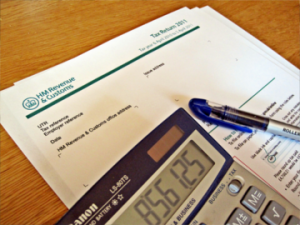
HM Revenue and Customs recovered a record £3.9 billion in extra VAT from compliance investigations into smaller businesses over the last year, marking a 10% increase on the previous 12 months.
According to analysis from UHY Hacker and Young, the level of additional VAT from HMRC probes into small businesses has almost doubled in three years from £2.2 billion in 2010/11.
Small companies now feel they are in the firing line over tax avoidance, the firm said.
“HMRC has taken an increasingly hard line over the last year in its attempts to increase tax receipts, so more and more small businesses in particular are finding themselves facing investigation over VAT arrangements that have long been accepted by the tax authority,” said Simon Newark, a partner at UHY Hacker Young.
“Unfortunately, the law is heavily weighted in HMRC’s favour,” he added. “Once they make a decision it is irrelevant if the decision is right, wrong or even unlawful. Unless the taxpayer challenges it, the decision will be enforced by the full might of the State with bailiffs if necessary.”
Newark believes that the cost of challenging demands for extra VAT through the courts can be prohibitive for a lot of small businesses, and many will simply decide it’s simpler and more cost effective to write a cheque to HMRC, even for incorrect demands.
When actually forced to argue its case in court, HMRC has had mixed results. The tax authority failed in its attempt to slash the amount of VAT that self-storage businesses were allowed to reclaim. Lok’n Store, successfully argued that it should be able to reclaim 99.9% of the VAT it pays, because this is the percentage of its floor space that used for storage. Afterwards, HMRC announced its intention to ignore the court ruling not only when VAT is reclaimed by other self-storage businesses, but also in VAT cases in general.
Last year HMRC argued that sales of Glasses Direct spectacles were not accompanied by medical dispensing services like those given in a brick and mortar store, therefore the company should be liable to pay VAT on the full value of the goods without any exemptions. The first-tier tax tribunal disagreed.
“The belief voiced by many businesses facing these challenges is that HMRC has gone through all the obvious, high-value tax avoidance targets and often met with resistance or the likelihood of expensive court cases being drawn out for years,” Newark said.
“They are worried that HMRC is hoping to achieve some easy results by targeting smaller businesses using novel arguments against VAT treatments that have been accepted for years.”







